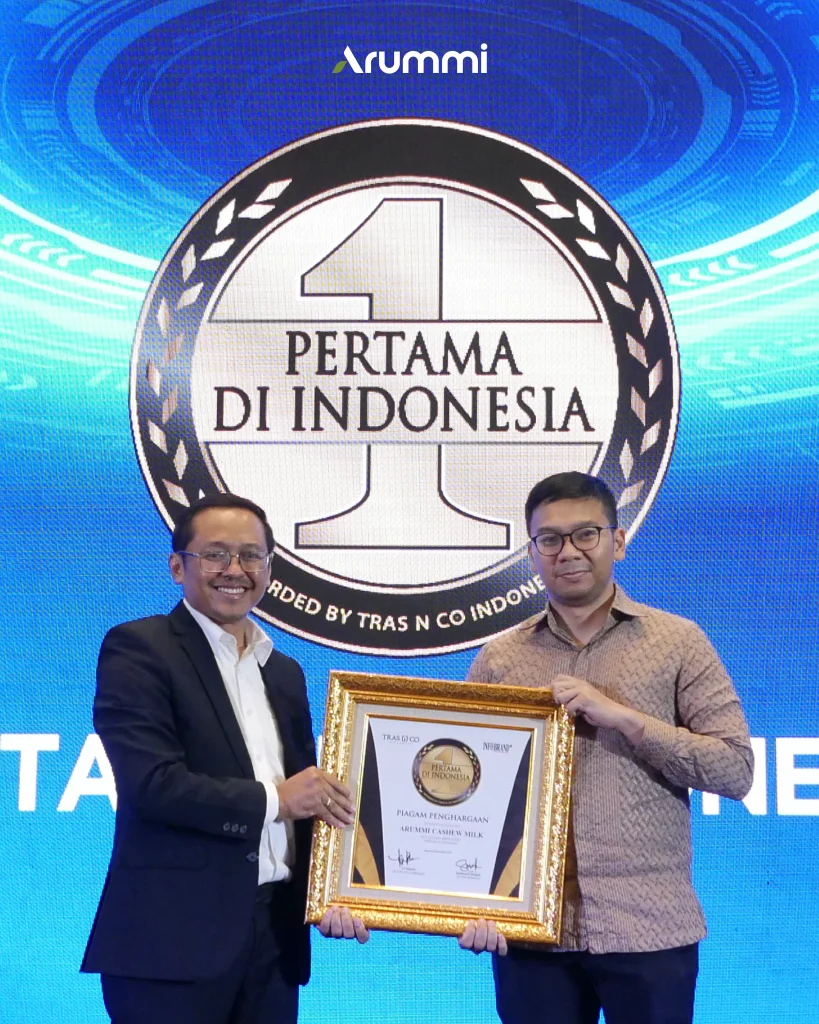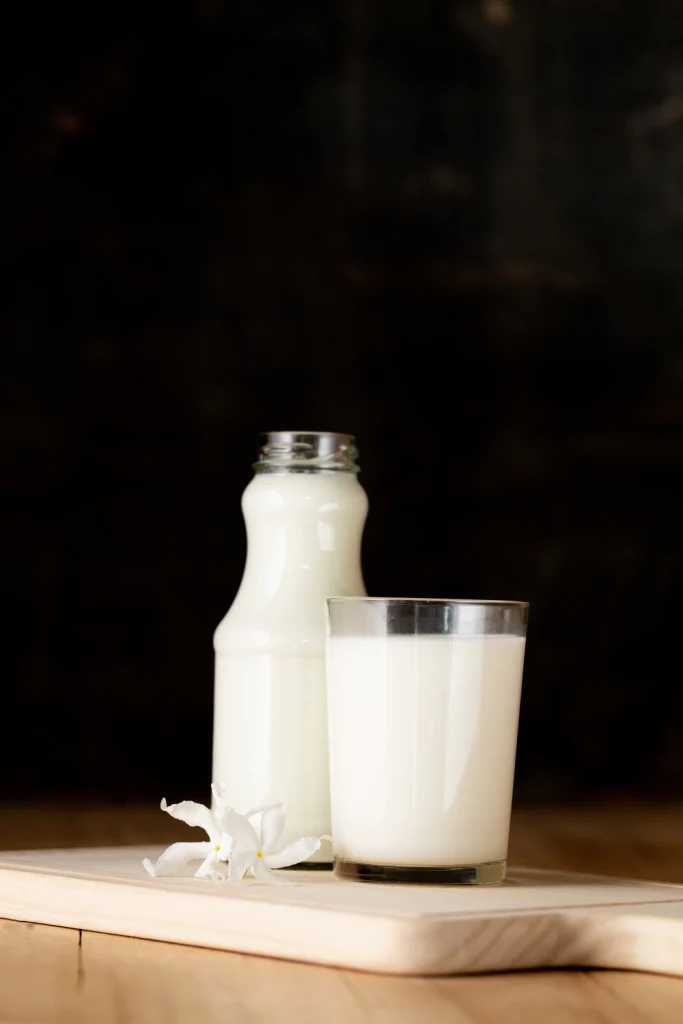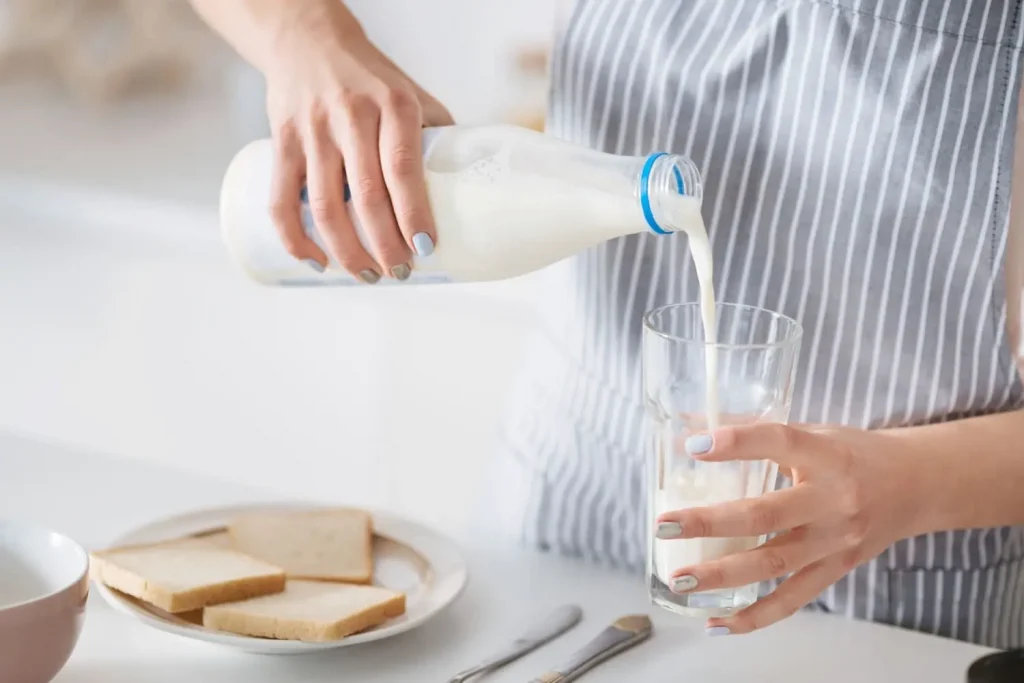Artificial sweeteners are widely used as alternatives to granulated sugar. Various artificial sweeteners are claimed to have lower calorie counts than granulated sugar.
However, is it safe to consume artificial sweeteners every day? This article will discuss what artificial sweeteners are, examples of artificial sweeteners, and the dangers of consuming them.
What are Artificial Sweeteners?
Artificial sweeteners are sugar substitutes made through chemical processes. Artificial sweeteners have a sweeter taste than granulated sugar.
Nevertheless, artificial sweeteners generally have fewer calories than regular sugar. Therefore, artificial sweeteners are often used by diabetics and those reducing their sugar intake.
One tablespoon, or equivalent to one gram of granulated sugar, contains about 50 calories. Meanwhile, artificial sweeteners have lower calorie contents, with some containing no calories at all.
Examples of Artificial Sweeteners
There are many artificial sweeteners available on the market. They are commonly used in processed beverages, chewing gum, pudding, canned foods, jams, dairy products, and more.
Here are some examples of commonly used artificial sweeteners:
1. Aspartame
Aspartame is 200 times sweeter than granulated sugar. This sweetener is often used in soft drinks, chewing gum, gelatin desserts, and cereals. The daily consumption limit for aspartame is 50 mg/kg of body weight.
2. Sucralose
Sucralose is 600 times sweeter than granulated sugar. The daily consumption limit for sucralose is 5 mg/kg of body weight.
3. Acesulfame Potassium
This sweetener is easily soluble in water and stable when heated at high temperatures. Therefore, it is widely used in food products. The daily consumption limit for acesulfame potassium is 15 mg/kg of body weight.
4. Neotame
Neotame has an extremely sweet taste, 7000–13,000 times sweeter than granulated sugar. This sweetener is often used in low-calorie foods. The daily consumption limit for neotame is 0.3 mg/kg of body weight.
5. Saccharin
Saccharin is 300 times sweeter than granulated sugar, but it contains no calories. Saccharin is often used by diabetics as a sugar substitute because it does not cause blood sugar spikes. The daily consumption limit for saccharin is 15 mg/kg of body weight.
Differences between Artificial and Natural Sweeteners
Here are the differences between artificial and natural sweeteners:
1. Raw Materials
Artificial sweeteners are produced using chemical ingredients in laboratories, while natural sweeteners come from natural sources such as fruits or plants, for example, sugar cane.
2. Caloric Content
Artificial sweeteners generally have few or no calories at all, while natural sweeteners contain calories. Therefore, artificial sweeteners are an alternative to sugar for diabetics.
Dangers of Excessive Consumption of Artificial Sweeteners
Despite having fewer calories, excessive consumption of artificial sweeteners can lead to various health problems. Therefore, avoid consuming artificial sweeteners beyond the daily maximum limit.
Here are some dangers of consuming excessive artificial sweeteners:
1. Cancer
Based on research, long-term use of artificial sweeteners may trigger cancer, such as breast cancer and blood cancer. However, this still requires further research.
2. Allergic Reactions
The use of artificial sweeteners, especially aspartame, can also cause allergic reactions in some people. Some symptoms include headaches, skin rashes, diarrhea, and difficulty breathing.
3. Phenylketonuria Complications
Phenylketonuria is a genetic disorder that prevents the body from breaking down phenylalanine. Phenylalanine is found in some artificial sweeteners, such as aspartame and neotame. Therefore, individuals with phenylketonuria should avoid consuming artificial sweeteners.
Safe Consumption of Artificial Sweeteners
Here are some tips for consuming artificial sweeteners safely:
1. Limit Its Consumption
Consume artificial sweeteners wisely and do not exceed the maximum daily limit.
2. Watch Out for Allergic Consumption
If allergic symptoms such as nausea, vomiting, diarrhea, skin rashes, and difficulty breathing occur after consuming artificial sweeteners, stop consumption immediately and consult a doctor.
Arummi’s Recommendation: Low-Sugar Arummi Cashew Milk
Arummi cashew milk is a low-sugar product containing various nutrients. Despite being low in sugar, it remains delicious, with a sweet and savory blend of cashew nuts.
Let’s get Arummi cashew milk at your nearest supermarket!









































